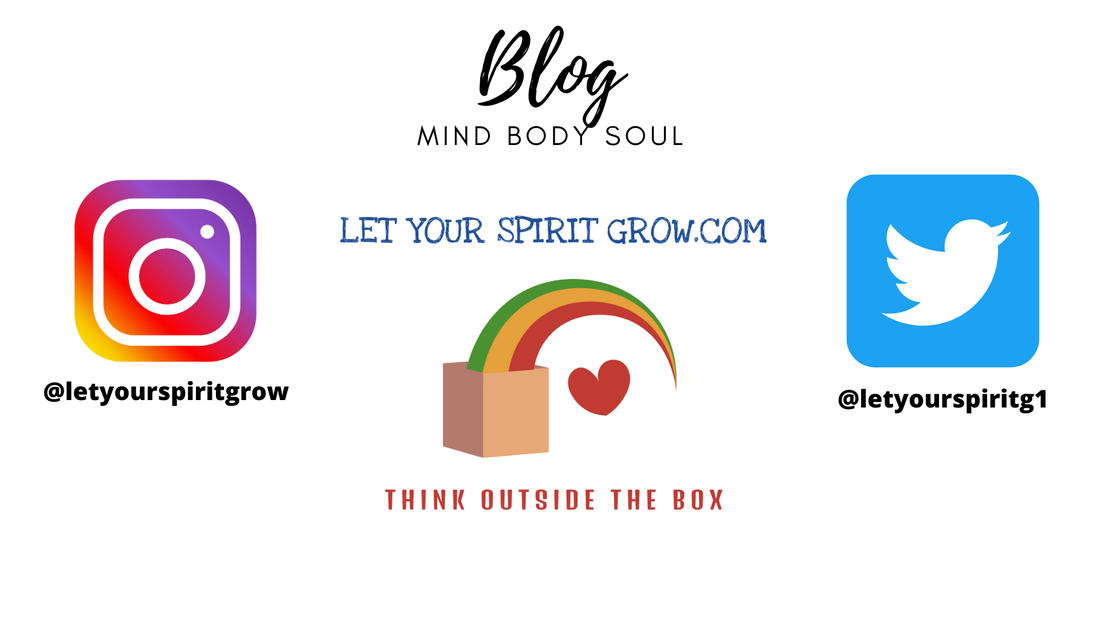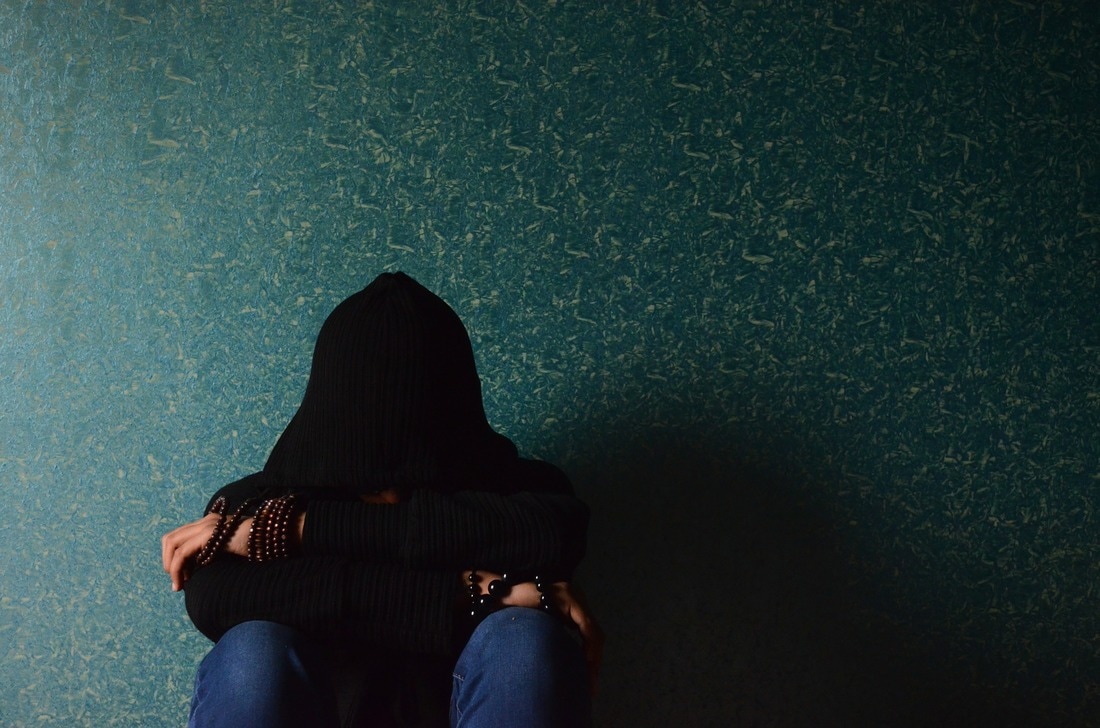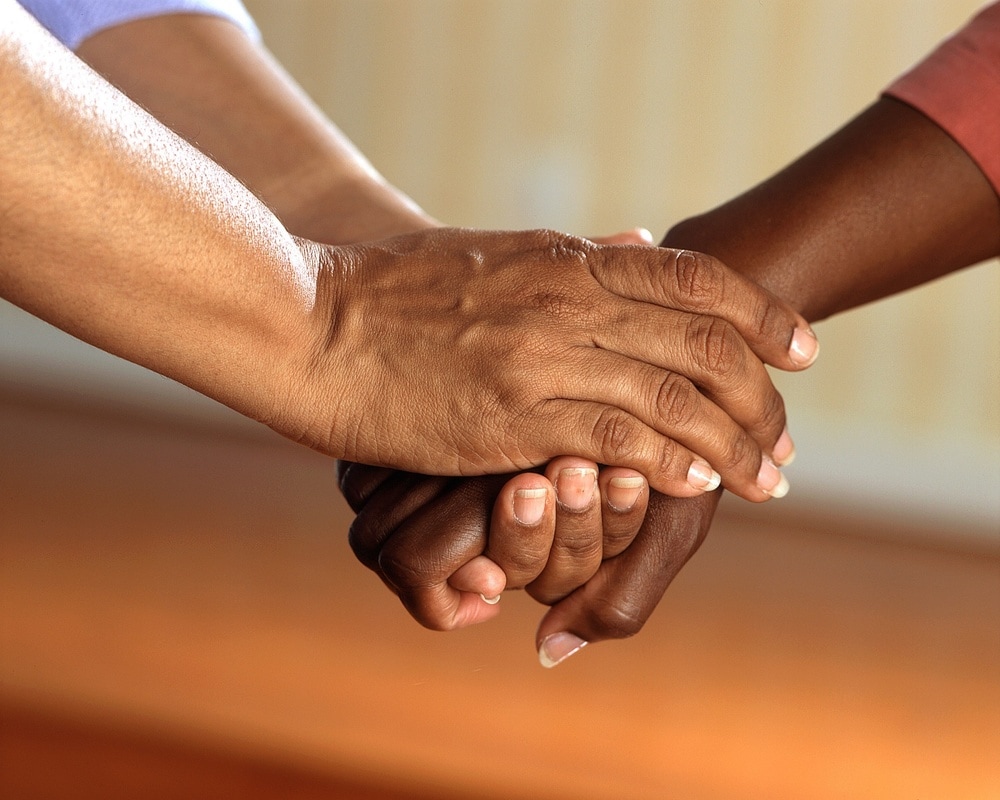|
Signs of depression are explored in this contributed post. The societal stigma of mental illness is starting to dissolve. Things aren’t perfect yet, however. This is partly why people still find it so difficult to open up about depression, but it’s not the whole story. For many people, they just don’t feel totally safe or comfortable revealing such a part about themselves; something that is, in the end, very personal indeed. Others feel that it can’t possibly be that big a deal, that surely it’s something they can deal with by themselves. Perhaps you know someone who might be depressed. Perhaps you’re not quite sure; there are behavioral changes you can’t quite put your finger on that are leading you to suspect something might be up. Maybe you’re even going through something yourself that isn’t easy to identify. This is a quick guide to identifying some of the behaviors that are often associated with depression. While this list is in no way exhaustive of all the signs that could point to depression, nor are any of these signs proof positive that someone is depressed, it will still be invaluable for those who are worried about the moods of themselves and others. Anyone who feels they are affected should consider reaching out to others. This can take the form of talking to friends, family, or even trying out counselling. We’re going to take a look at the most common signs of depression - but not ones that you may typically associate with it. Trouble concentrating
The least recognized of all signs of depression, it’s also, perhaps, the most common. If someone has trouble reading, or often forgets something you told them, or has been drifting off a little during conversations, then they are clearly having increased trouble with their concentration. This is often why a decrease in work performance in concomitant with depression. People often notice things like visible anxiety or a sudden lack of confidence; a decrease in concentration can be harder to spot. But if you see it in yourself or others, it may be time to start asking questions. Sleep and/or appetite problems The problem that people have in identifying this is that they feel that depression is always associated with one extreme or the other - that someone who has trouble sleeping is more likely to be depressed than someone who sleeps more, or that someone who is gaining weight is trying to ‘comfort eat’ their woes away whereas someone losing weight has another problem altogether. But depression can cause overeating or undereating, and it’s actually more accurately associated with an increase in sleep than a lack of it. It’s important to understand that it can go in any of these directions. Waning interest Perhaps you don’t see them going out as much as they used to. Perhaps they used to play games, or read books, or write, or paint. Whatever the hobby is, you’ve noticed that they simply haven’t been doing it that much these days, if at all. Depression often comes with a greatly decreased sense of pleasure from things someone used to enjoy a lot. Ask them why they think their interest has waned.
0 Comments
Leave a Reply. |




 RSS Feed
RSS Feed
